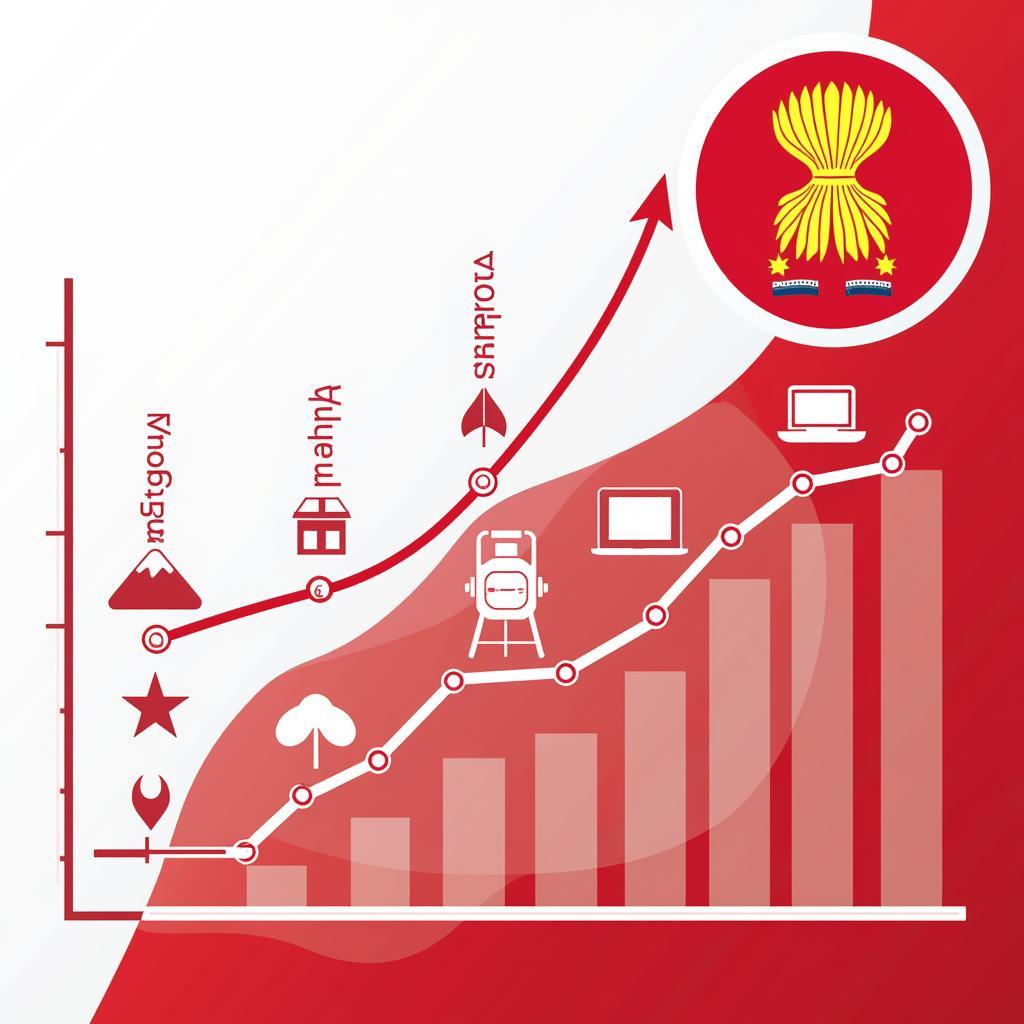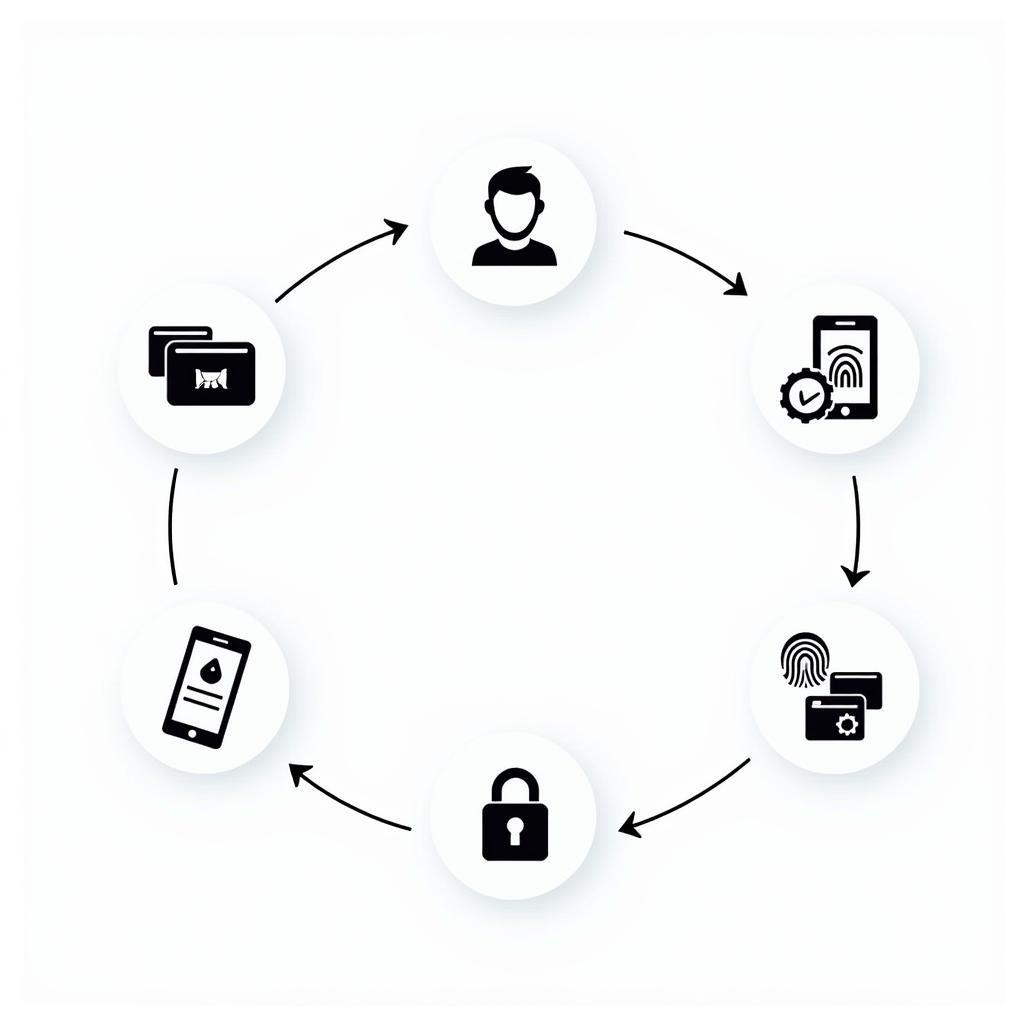The ASEAN Core is a concept that refers to the shared values, principles, and aspirations of the Association of Southeast Asian Nations (ASEAN). It provides a framework for regional cooperation and integration, fostering a sense of unity and common purpose among member states. In this article, we delve into the essence of the ASEAN Core, exploring its significance for the region’s progress and its implications for the global landscape.
The Foundations of the ASEAN Core
The ASEAN Core rests on the foundational principles enshrined in the ASEAN Charter, which was adopted in 2007. These principles guide the actions and policies of ASEAN member states, shaping their interactions within the regional bloc.
Key pillars of the ASEAN Core include:
- Centrality of ASEAN: This principle emphasizes the importance of ASEAN as the primary driving force for regional cooperation and integration. It underscores the commitment to resolving disputes and advancing common interests within the bloc, rather than relying on external powers.
- Peaceful coexistence: This fundamental principle advocates for a peaceful and stable regional environment, free from conflict and violence. It promotes dialogue and diplomacy as key tools for resolving differences.
- Non-interference in internal affairs: Respecting each other’s sovereignty and territorial integrity is crucial for regional stability and harmonious relations. ASEAN member states uphold the principle of non-interference in the internal affairs of their neighbors.
- Respect for the rule of law: This principle underscores the importance of a legal framework for regional cooperation and integration. It promotes adherence to international law and legal instruments as a basis for resolving disputes and ensuring transparency in governance.
- Shared responsibility: ASEAN recognizes the shared responsibility of member states in addressing common challenges. This includes areas such as economic development, environmental protection, and combating transnational crime.
The Significance of the ASEAN Core
The ASEAN Core is not merely a set of abstract principles; it is a living framework that guides concrete actions and initiatives. Its significance is multifaceted:
- Fostering unity and solidarity: The shared values and principles of the ASEAN Core promote a sense of unity and solidarity among member states. This fosters a shared identity and a common purpose for the region.
- Driving regional integration: The ASEAN Core provides a framework for regional integration in various sectors, including trade, investment, infrastructure, and human development. It facilitates cooperation and harmonization of policies, leading to a more integrated and interconnected ASEAN.
- Promoting regional peace and stability: The principles of peaceful coexistence and non-interference contribute to maintaining peace and stability in the region. ASEAN’s commitment to resolving disputes peacefully and through dialogue has been crucial for preventing major conflicts.
- Enhancing ASEAN’s global role: The ASEAN Core has strengthened ASEAN’s position as a key player in the global arena. By promoting regional cooperation and integration, ASEAN has become a more influential voice in international affairs.
The Future of the ASEAN Core
As the world continues to evolve, the ASEAN Core remains a vital framework for navigating new challenges and opportunities. ASEAN is committed to adapting and strengthening the ASEAN Core to address emerging issues such as climate change, cybersecurity, and the Fourth Industrial Revolution.
The future of the ASEAN Core will require:
- Continued commitment to shared values and principles: It is essential for member states to uphold the principles of the ASEAN Core and to demonstrate their commitment to regional cooperation and integration.
- Adapting to new challenges: ASEAN must adapt the ASEAN Core to address emerging issues and to ensure its relevance in a changing world.
- Strengthening regional institutions: ASEAN needs to strengthen its institutions to effectively implement the ASEAN Core and to enhance its capacity for regional coordination and collaboration.
- Engaging with external partners: ASEAN should continue to engage with external partners, such as the United States, China, and the European Union, to promote mutual understanding and to advance common interests.
Conclusion
The ASEAN Core is the heart of ASEAN, shaping its vision and direction for the future. It provides a framework for regional cooperation and integration, promoting unity, stability, and prosperity in the region. As ASEAN continues to evolve, the ASEAN Core will remain a guiding principle for navigating new challenges and opportunities, strengthening its role as a key player in the global landscape.
asean and security in southeast asia
FAQs:
What is the ASEAN Core?
The ASEAN Core refers to the shared values, principles, and aspirations of the Association of Southeast Asian Nations (ASEAN).
What are the main principles of the ASEAN Core?
The ASEAN Core is based on principles enshrined in the ASEAN Charter, including centrality of ASEAN, peaceful coexistence, non-interference in internal affairs, respect for the rule of law, and shared responsibility.
What are the benefits of the ASEAN Core?
The ASEAN Core fosters unity and solidarity among member states, drives regional integration, promotes regional peace and stability, and enhances ASEAN’s global role.
How is the ASEAN Core relevant to the future of ASEAN?
The ASEAN Core provides a framework for addressing emerging challenges and opportunities, including climate change, cybersecurity, and the Fourth Industrial Revolution.
How can I learn more about the ASEAN Core?
You can explore the ASEAN website, read publications on ASEAN studies, and engage with ASEAN experts and organizations.


